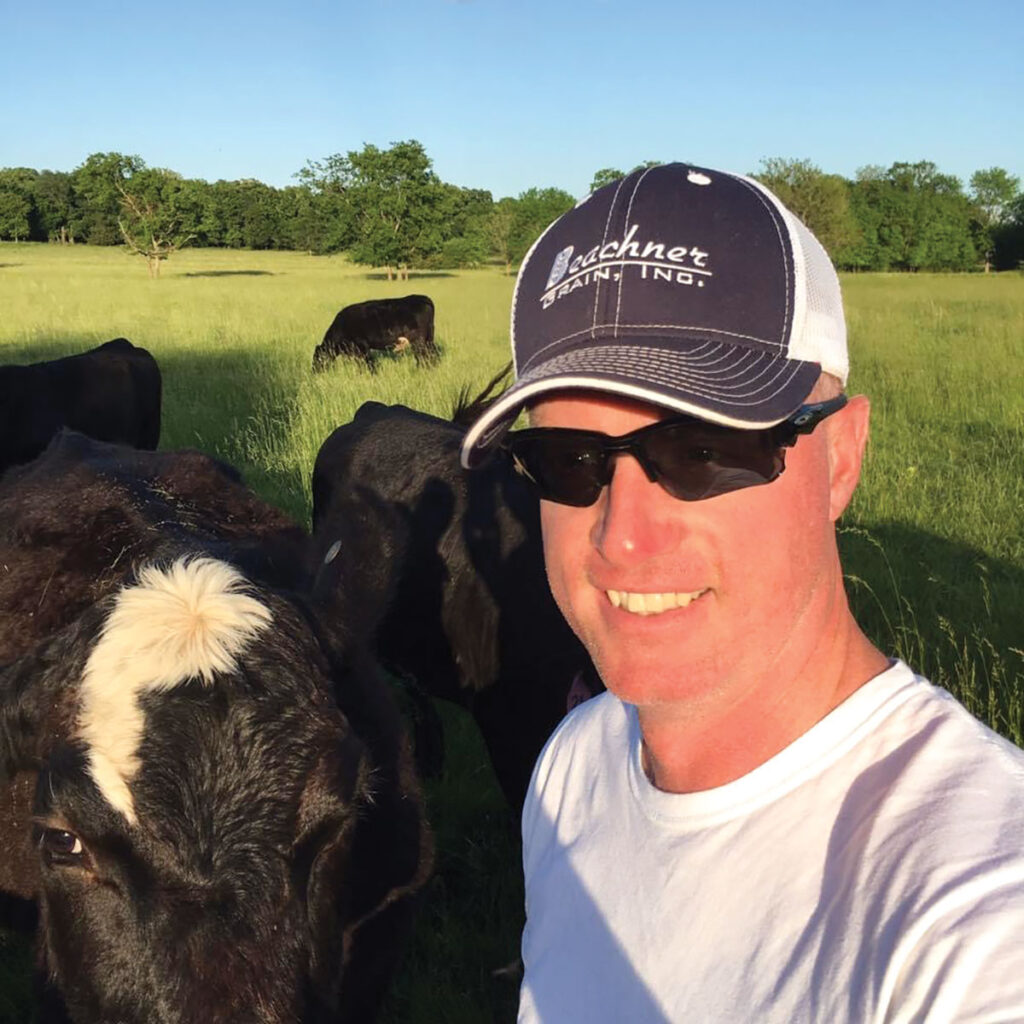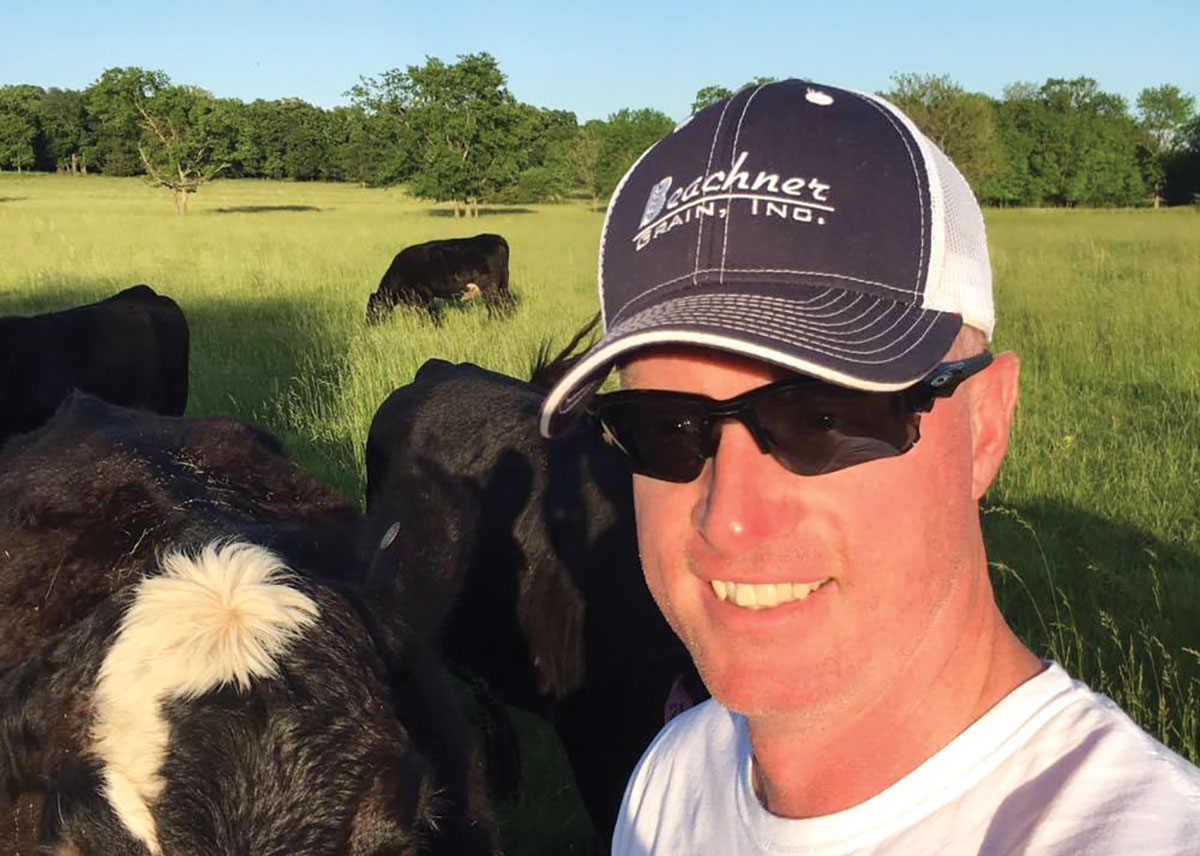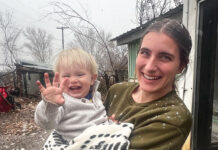
Hometown: Grove, Okla.
In Town: David Poindexter has been a Delaware County (Okla.) County Commissioner for nearly a decade.
As county commissioner, David is in charge of a multi-million dollar county budget, day-to-day county operations and answers to the constituents in his district.
In the Country: For 25 years, David has worked with black Angus cattle.
For the Grove cattleman, the operation started with his grandfather’s dairy business, which was phased out before David was born.
“I don’t think my dad really wanted to milk cows as he had as kid growing up on a dairy farm,” David said.
When the elder Poindexter was discharged from the Army, he told his young son “there won’t be a milk cow on the place.”
“It’s been a beef operation for over 60 years,” David said.
David runs a 35-head herd.
“Due to the drought, I had cull down,” he said.
By reducing the heard, David said he is saving grass and the hay needs are reduced.
“Generally, the herd is 50 on a rotational grazing system,” he said. “The main goal is to be as efficient and good stewards of the land.”
A rotational grazing program utilizes less acreage with the ability to run more head per acre, he said. Using rye and wheat in the fall can extend grazing needs into early winter before having to feed with hay and supplements.
“Cattle can graze their needs much cheaper than we can provide with hay and using equipment,” David explained.
The cattle predominantly get their nutritional needs from winter wheat and rye, clovers and summer grasses In the winter months, when those resources are exhausted, the cattle are provided with hay and high protein cubes, David said.
Calves are marketed in the spring, after being weaned for 45 days and ready for grass pasture.
“This has resulted in good returns,” David said.
David prefers fall calving.
“Generally, fall-born calves don’t have to contend with wet, cold conditions as in early months of the year,” he said. “We use natural cover and EPDs are a big part of the selection of bulls. In the past few years, genomics has brought another aspect to bull selection that we have looked at our selection process.”
Cattle are vaccinated and wormed regularly.
“Fly control has been a big issue this year with the dry conditions,” David said. Periodically during the summer months, he will apply fly spray to keep the flies under control.
“Thankfully, we’ve not had any pink eye issues due to flies,” he said.







